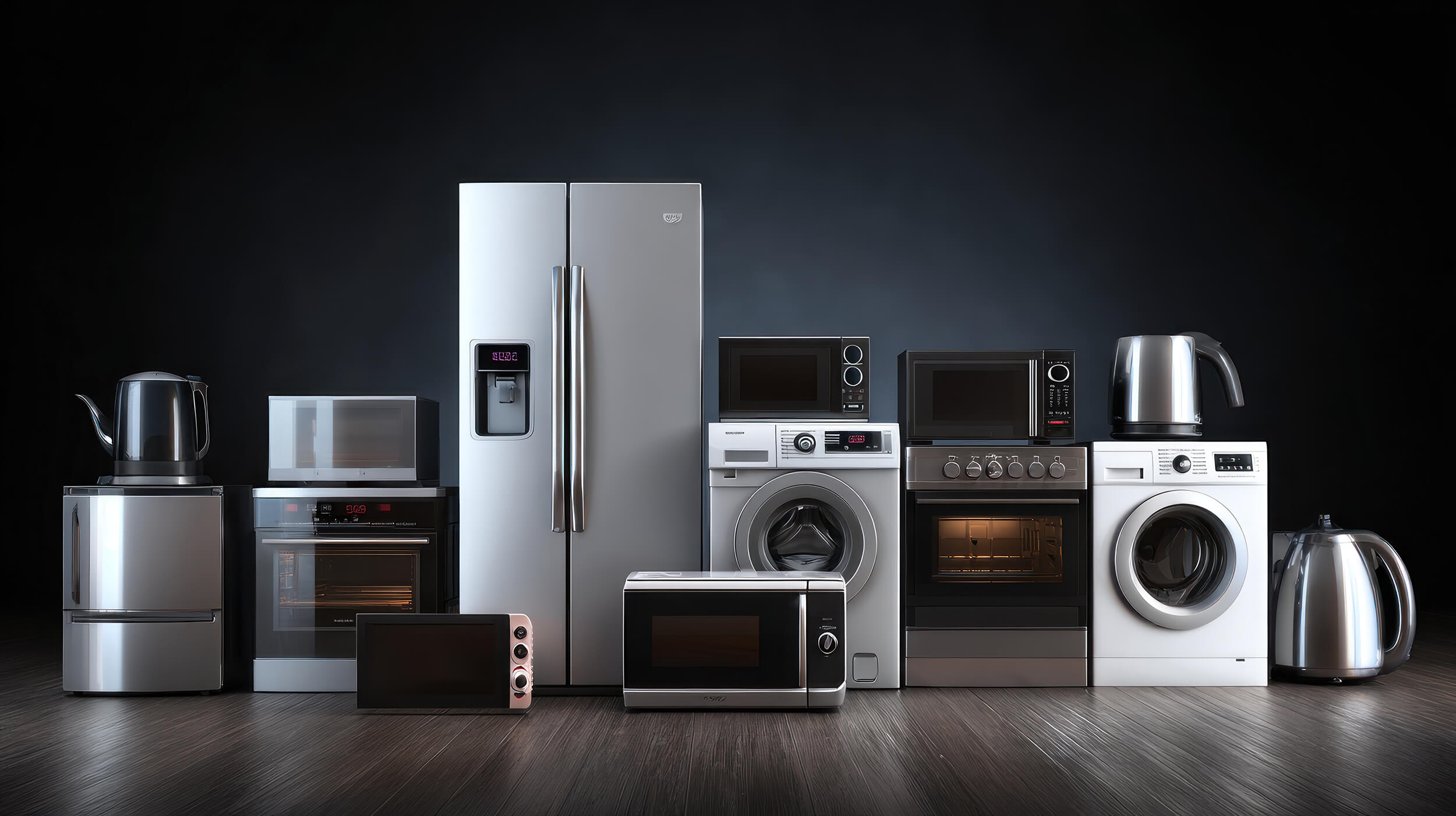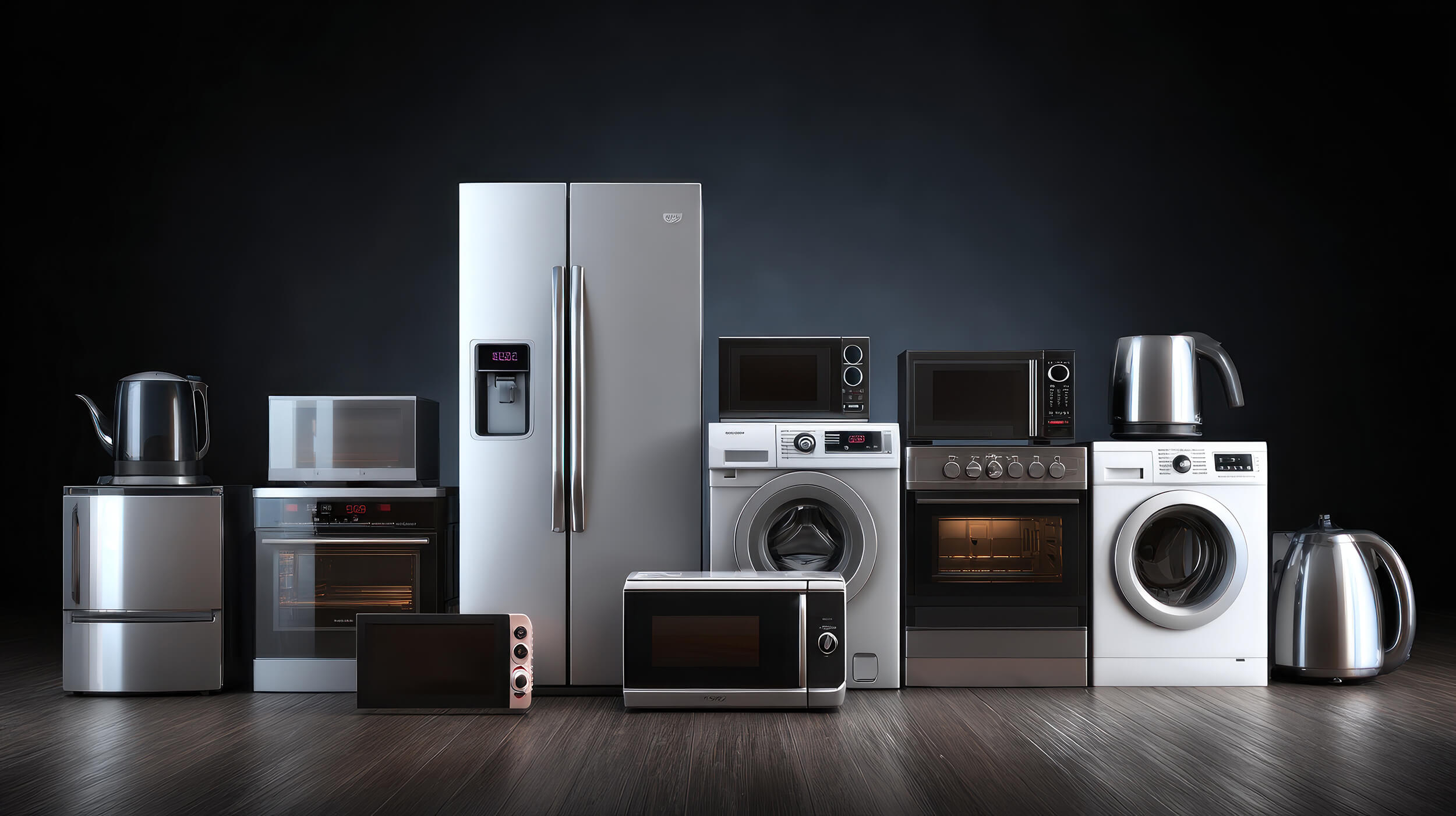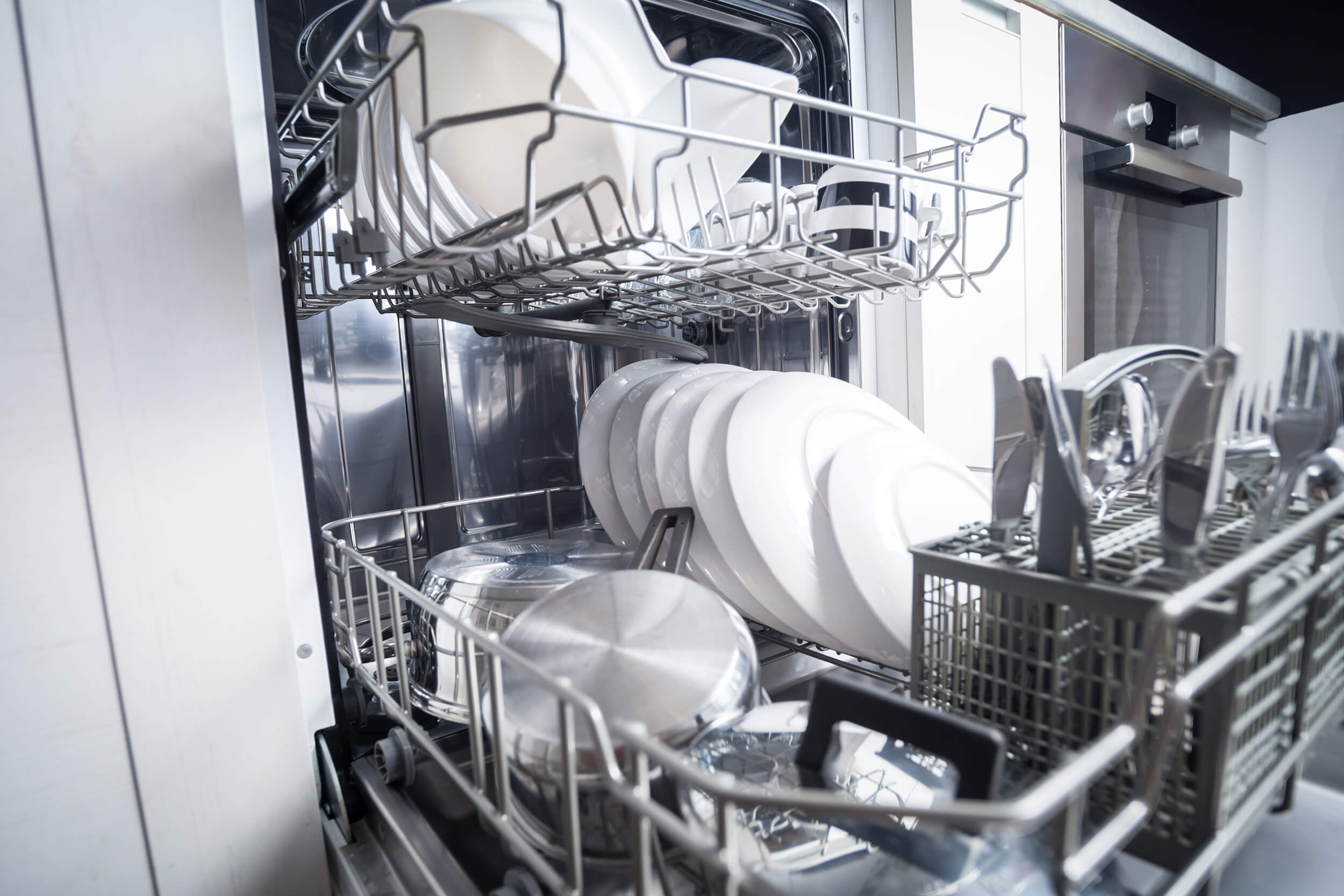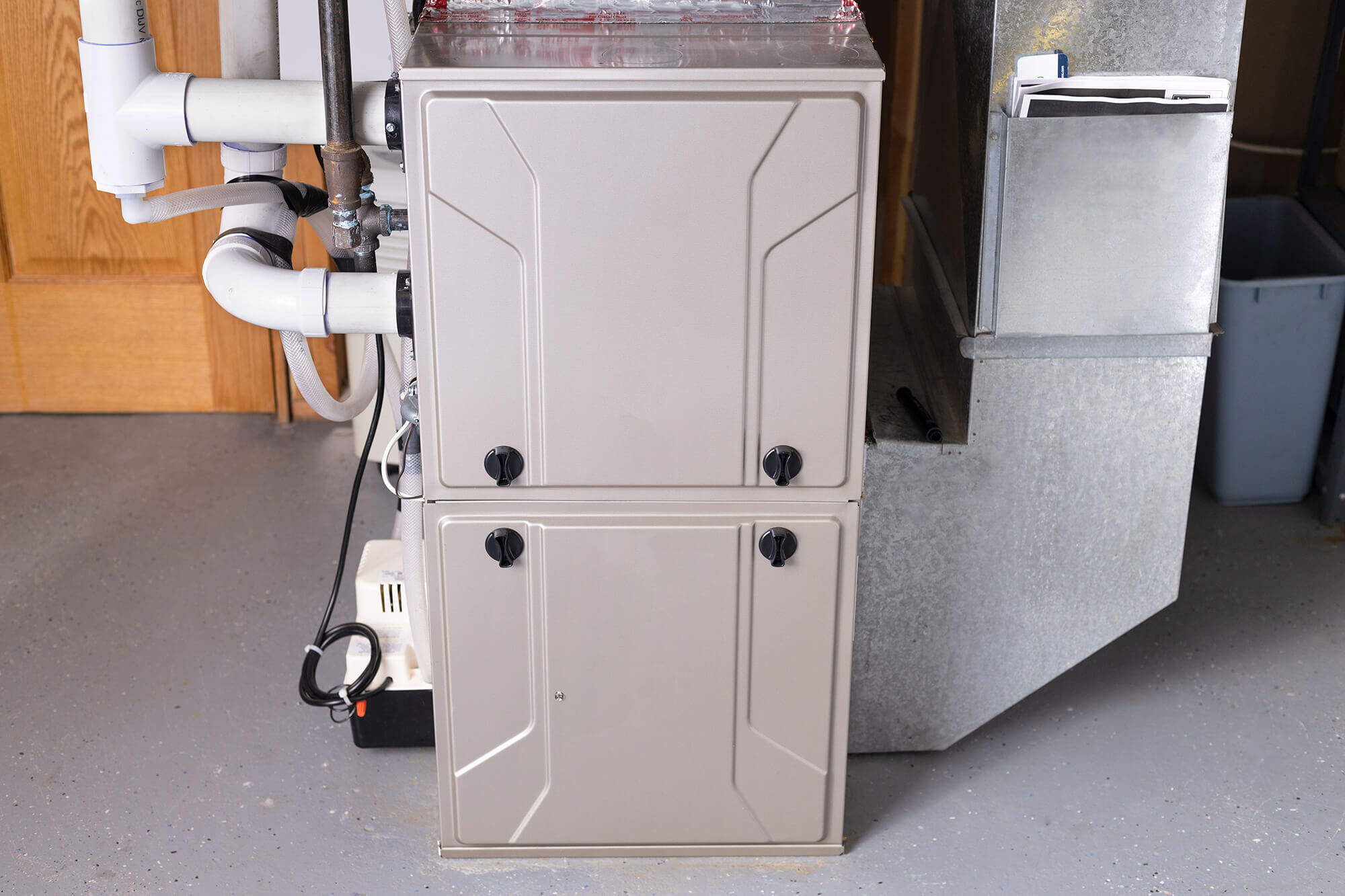New analysis from the International Energy Agency (IEA) and the 4E Technology Collaboration Program demonstrates that policies which introduce minimum efficiency performance standards and energy-consumption labelling on appliances and equipment have led to reduced power consumption, lower carbon emissions, and increased cost savings for consumers.
The report’s findings stem from nearly 400 evaluation studies spanning across 100 different countries and show that policies have had significant positive impacts such as:
- Appliances typically consuming 30% less energy in countries with long-standing policies than they would have otherwise.
- Programs reducing annual electricity consumption by a total of around 1580 terawatt-hours in 2018 (in nine countries with available data), which is similar to the total electricity generation of wind and solar energy in those countries.
- Programs delivering annual reductions of around 15% of current total national electricity consumption in areas that have been operating the longest, such as those in the United States and the European Union.
- The United States, European Union and China together avoiding annual CO2 emissions of more than 700 million tons, equivalent to the total energy-related emissions of Germany.
These energy savings represent a substantial financial benefit for businesses and households. Well-constructed policies support product innovation and lead to economies of scale, which lowers the cost of appliances—even without accounting for the efficiency gains.
As shown by the IEA and 4E analysis, standards and labelling programs are set to play a key role in helping governments meet the net-zero CO2 mission and other important climate goals.




